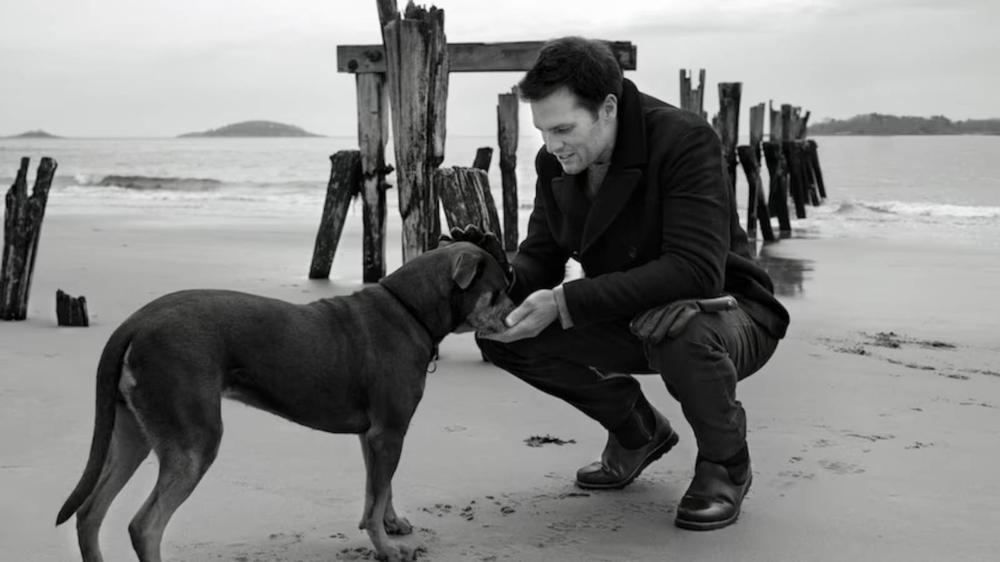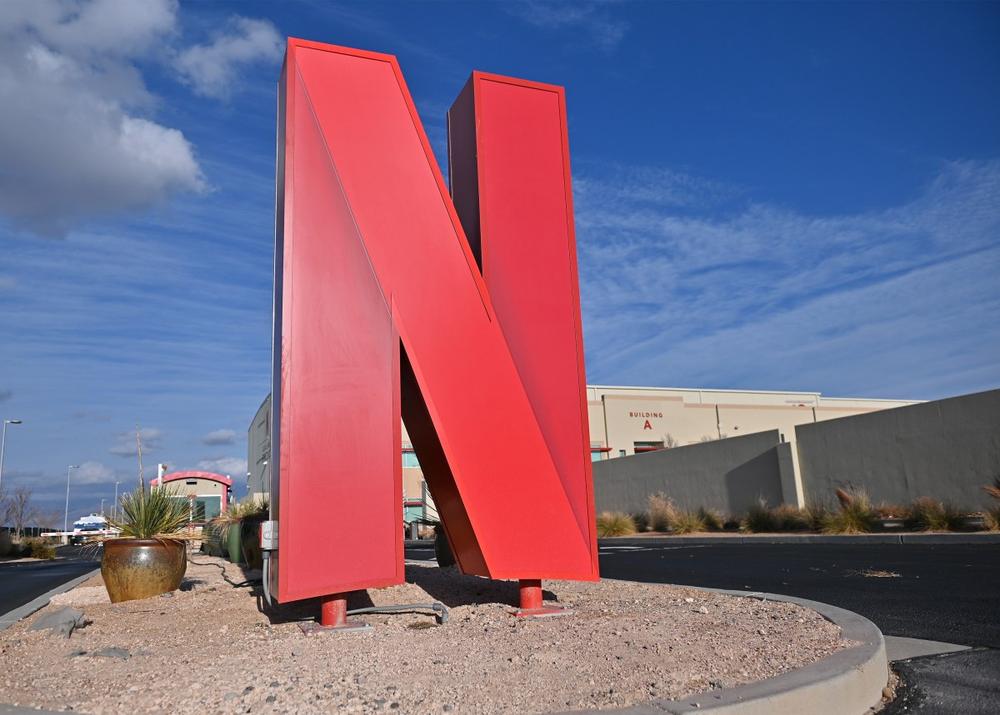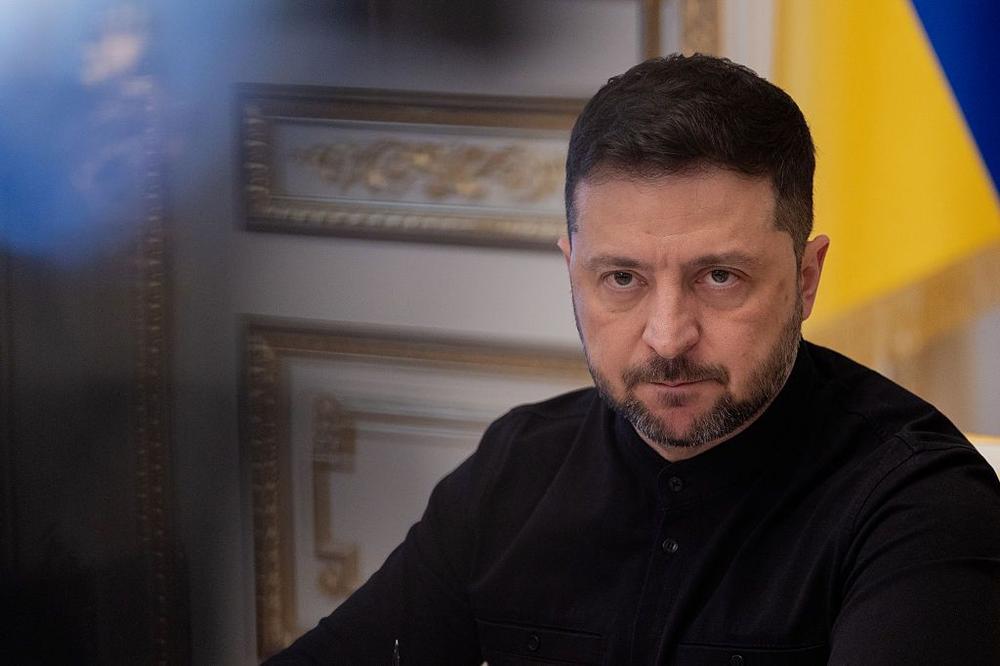Tom Brady has revealed that he cloned his late dog, Lua, with help from Colossal Biosciences, the same viral biotech firm behind the internet-famous “dire wolf” project.
Colossal Biosciences, based in Dallas, TX, made headlines earlier this year for claiming to have revived a version of the extinct dire wolf through gene-editing and cloning of modern gray wolf cells. The company has previously announced similar de-extinction efforts for the woolly mammoth and Tasmanian tiger, blending science with spectacle in ways that frequently dominate social media.
Brady, who lost his pit-bull mix Lua in December 2023, revealed that Colossal also handled the cloning of his new dog, Junie, according to People. Before Lua’s death, a blood sample was collected and later used by the company’s pet division, Viagen Pets & Equine, to recreate her through cloning, a process Brady called “non-invasive” and emotionally healing.
Brady calls cloned dog a ‘second chance’ for his family
In a statement shared via People, Brady said, “I love my animals. They mean the world to me and my family. A few years ago, I worked with Colossal and leveraged their non-invasive cloning technology through a simple blood draw of our family’s elderly dog before she passed.”
Junie, the result of that process, is genetically identical to Lua. Brady described the experience as a “second chance” to bring a beloved family pet back into their lives.
Colossal’s involvement adds another layer to its growing reputation as the most headline-grabbing biotech company in the world, now known not just for prehistoric wolves, but for giving one of football’s biggest names a second chance with man’s best friend.

 Netflix in talks to license video podcasts from iHeartMedia, report says
Netflix in talks to license video podcasts from iHeartMedia, report says